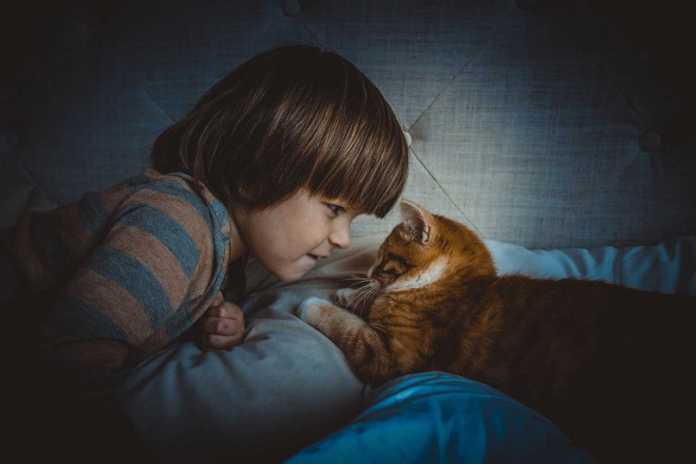Pets are the important part of many children’s life. In fact, many children do love household pets. Even children who grow up in homes with pets have less risk of developing serious disease. Kids consider their pets as a great way of comfort.
A new research provides an estimate on that. The study stated that kids feel more satisfied with their pets as compare to their siblings. It provides evidence: household pets may have a major influence on child development. Having pets could have a positive impact on children’s social skills and emotional well-being.
According to this research by the University of Cambridge, children feel better with their animal companions than siblings.
A previous study has found that boys report stronger relationships with their pets than girls. But this is wrong. This study found that girls and boys both are equally satisfied with their household pets.
Lead author Matt Cassells said, “Anyone loves a childhood pet knows that we turn to them for companionship and disclosure. It is just like relationships between people. Through this study, we wanted to know how strong these relationships are with pets relative to other close family ties. Ultimately this may enable us to understand how animals contribute to healthy child development.”
Scientists involved 12-year-old children from 77 families that have one or more pets of any type.
As result, scientists found that children have a strong relationship with pets than their siblings. kids even reported have lower levels of conflict and greater satisfaction in dogs than other kinds of pets. Girls reported more disclosure, companionship, and conflict with their pet than did boys. It simply means girls interact with their pets in more nuanced ways.
Cassells said, “Even though pets may not fully understand or respond verbally, the level of disclosure to pets was no less than to siblings. The fact that pets cannot understand or talk back may even be a benefit as it means they are completely non-judgmental.”
Dr. Nancy Gee, Human-Animal Interaction Research Manager said, “This is one more evidence that pets have positive benefits on human health and community cohesion. The social support that adolescents receive from pets may well support psychological well-being later in life but there is still more to learn about the long-term impact of pets on children’s development.“
